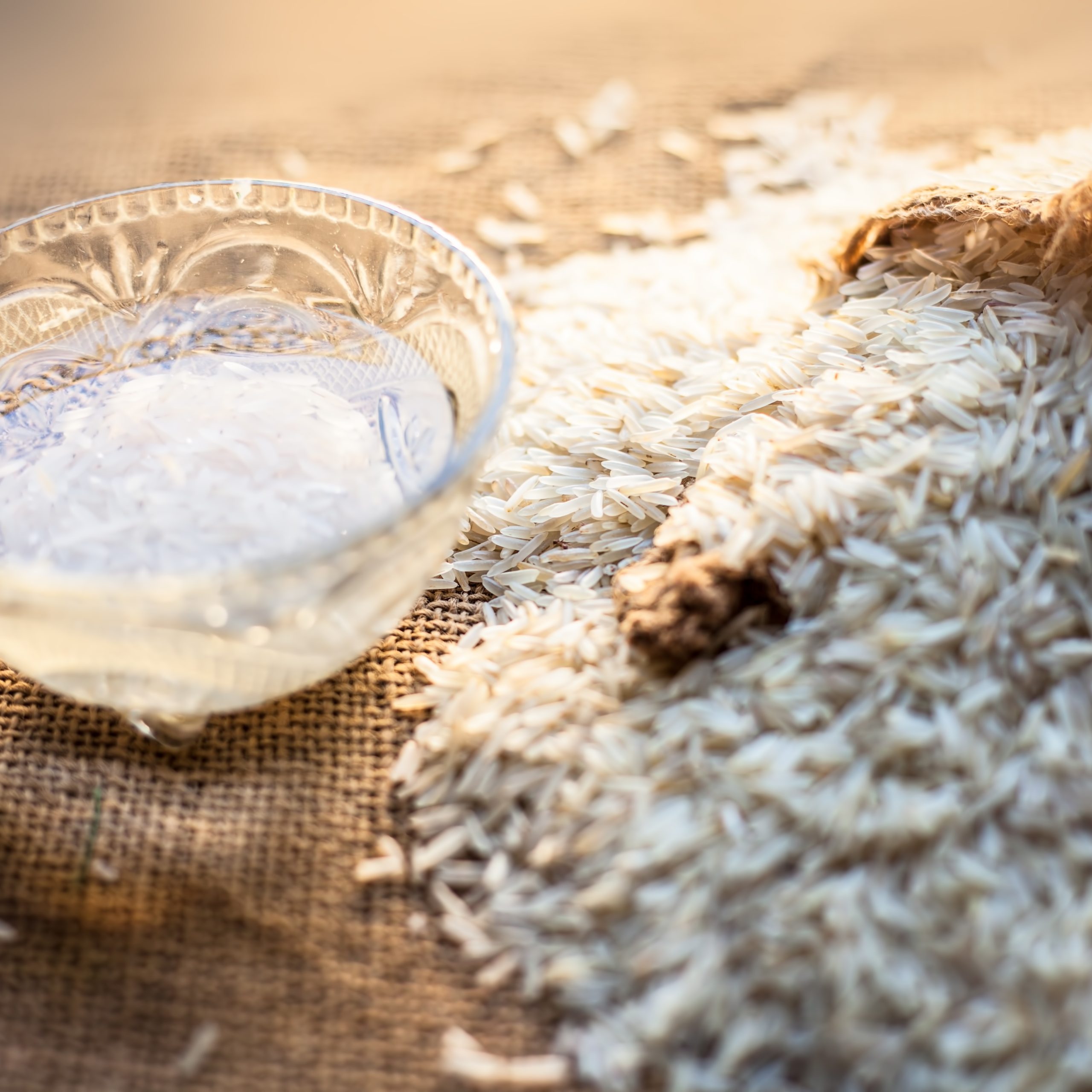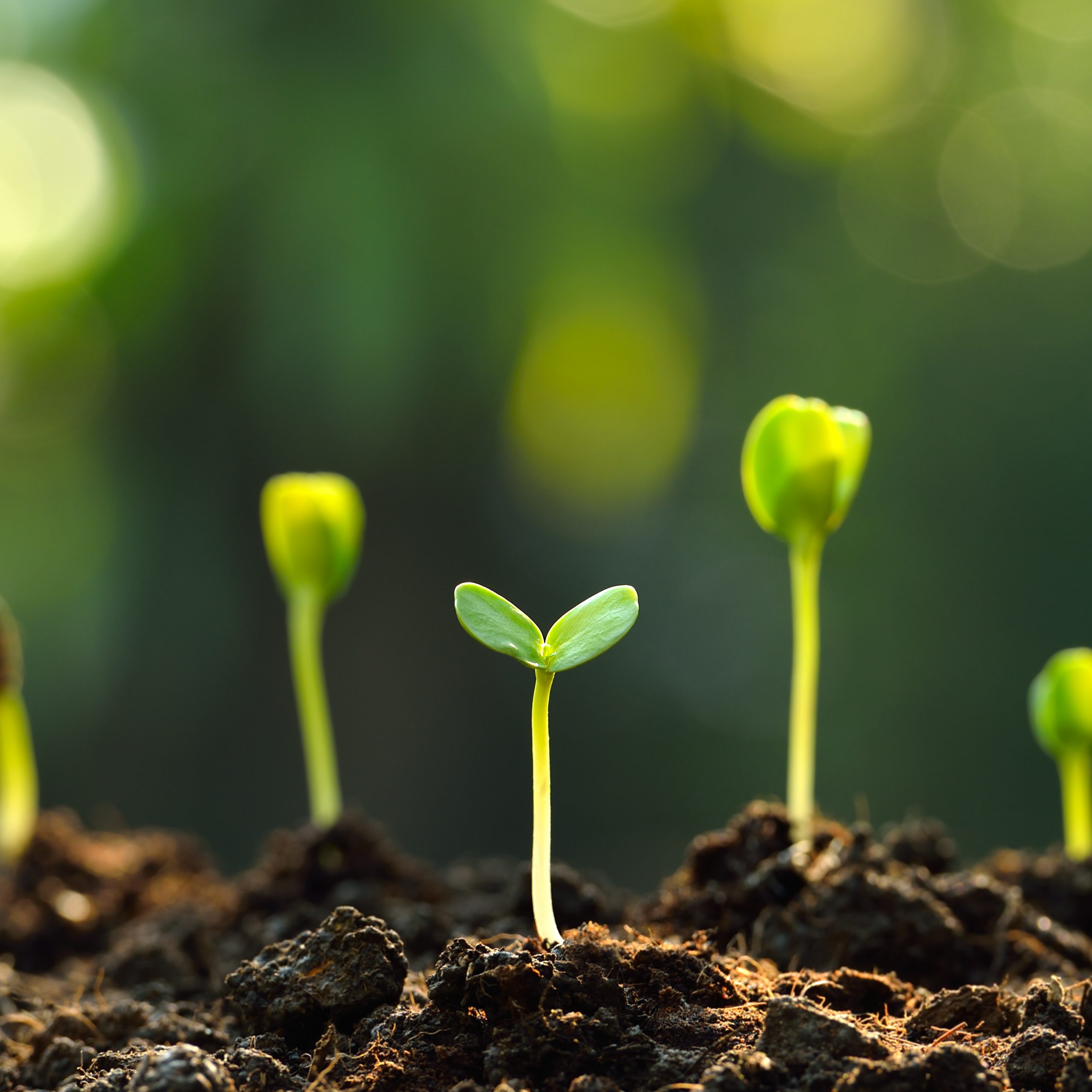Microbial agriculture: paving the way for lunar farming

Scientists are exploring the frontier of extraterrestrial agriculture with a study that suggests Earth’s microbes could be key to growing plants on the moon, according to Space.com. The research posits that certain microbes can transform the moon’s barren soil into fertile ground, potentially enabling astronauts to sustainably grow food on lunar missions.
While lunar soil contains elements critical for plant growth, its lack of organic compounds and the inaccessibility of essential nutrients like phosphorus pose a challenge for cultivation. However, study lead author Yitong Xia of China Agricultural University asserts that introducing microbes to the lunar environment could make the soil more hospitable for plants, drawing parallels to how microbes have historically rendered Earth’s terrain more habitable.
The study, which builds on the legacy of Apollo missions’ lunar soil analysis, experimented with volcanic powder similar to moon samples, testing whether five bacterial species could convert the soil’s insoluble phosphorus into a form accessible to plants. Results from a 21-day experiment showed that three of these bacteria significantly increased the soluble phosphorus content, enhancing the soil’s fertility.
When benth, a tobacco relative, was planted in the bacteria-enriched simulated lunar soil, the plants thrived, exhibiting higher chlorophyll levels, longer stems, and more robust growth compared to those in untreated soil. This promising development not only points to a potential method for supporting plant life on the moon but also contributes to a sustainable vision for space exploration, where astronauts could rely on in-situ resources rather than Earth-bound supplies.
This innovative approach to lunar farming could revolutionize life support systems for moon bases, offering a way to produce oxygen and purify water while also providing psychological benefits to astronauts through the nurturing of green, living plants. As the research progresses, the team looks to further enhance plant growth by combining these beneficial bacteria with algae or compost, potentially laying the groundwork for a self-sustaining lunar habitat.
Source: Space.com



